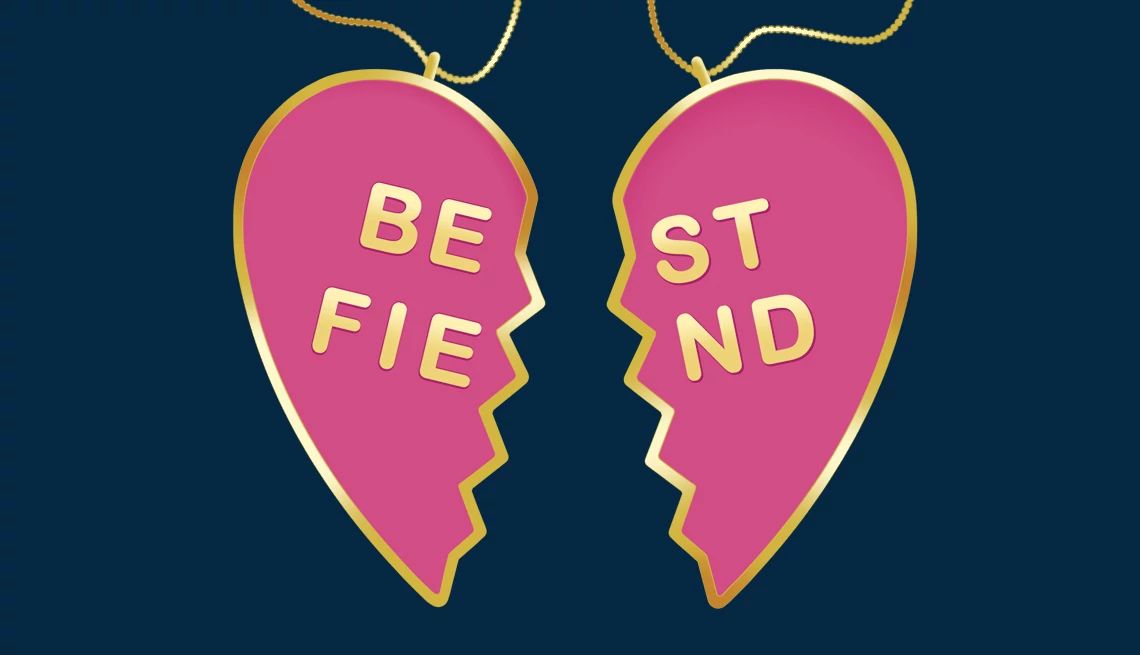AARP Hearing Center


Call AARP Fraud Watch Network™ Helpline for assistance with and advice on scams: 877-908-3360. Toll-free service is available Monday through Friday, 8 a.m. to 8 p.m. ET.
If you are a scam victim or have questions about scams, call the AARP Fraud Watch Network Helpline toll-free at 877-908-3360 for free advice from trained fraud specialists.
Romance scams have been a reliable source of income for digital criminals for years. But a new, more subtle variation of that fraud is seeing an uptick. Instead of seducing vulnerable people online with promises of romance, some scammers are creating a (false) bond with victims by convincing them they share a common interest, according to Amy Nofziger, AARP director of fraud victim support
Fraud experts often refer to this as affinity fraud, where the criminal will take advantage of a shared affiliation with the victim — they might both belong to the same religious group, for example — and the trust that comes with it.
A recent caller to the AARP Fraud Watch Network Helpline (who asked not to be named) met someone on a friendship app who seemed to share many interests with her. When the new “friend” claimed to be locked out of his bank account, he asked for a loan via the Cash App. He promised to repay the money but never did and ended up stealing $10,000 from her.
Join Our Fight Against Fraud
Here’s what you can do to help protect people 50 and older from scams and fraud:
- Sign up to become a digital fraud fighter to help raise awareness about the latest scams.
- Read more about how we’re fighting for you every day in Congress and across the country.
- AARP is your fierce defender on the issues that matter to people 50-plus. Become a member or renew your membership today.
Another caller met someone while playing online video games. When they asked for money, she agreed to help, ultimately losing over $100,000 sent via Bitcoin and gift cards.
“These are online romance scams with a twist,” Nofziger says. “Instead of pretending to fall in love, the criminals act like they share your hobbies or struggles. Whether it’s a sober support group or a Facebook group for classic car lovers, scammers are slipping into these spaces just to gain your trust and take advantage of it.”
How friendship scams work
The scams follow a predictable script, says Jason Zirkle, a certified fraud examiner and training director at the Association of Certified Fraud Examiners: Criminals lurking on sites like Facebook, Instagram or Reddit initiate contact by sending direct messages or commenting on posts.
Or they might try to initiate a relationship using a wrong number text (“Hi, is this Jane?”). If you reply, they’ll quickly try to engage you in conversation and forge a connection.




































































More From AARP
Strengthen Your Sixth Sense
Tips to boost intuition and inner wisdom
‘Fraud Wars’: Romance Scammer Steals $1 Million
Jackie Crenshaw discovers that Brandon’s blue eyes and his investment advice were bogus
AI Makes 'Pump and Dump' Scams Easy for Crooks
AI is making the classic “pump and dump” investment scheme easier for criminals